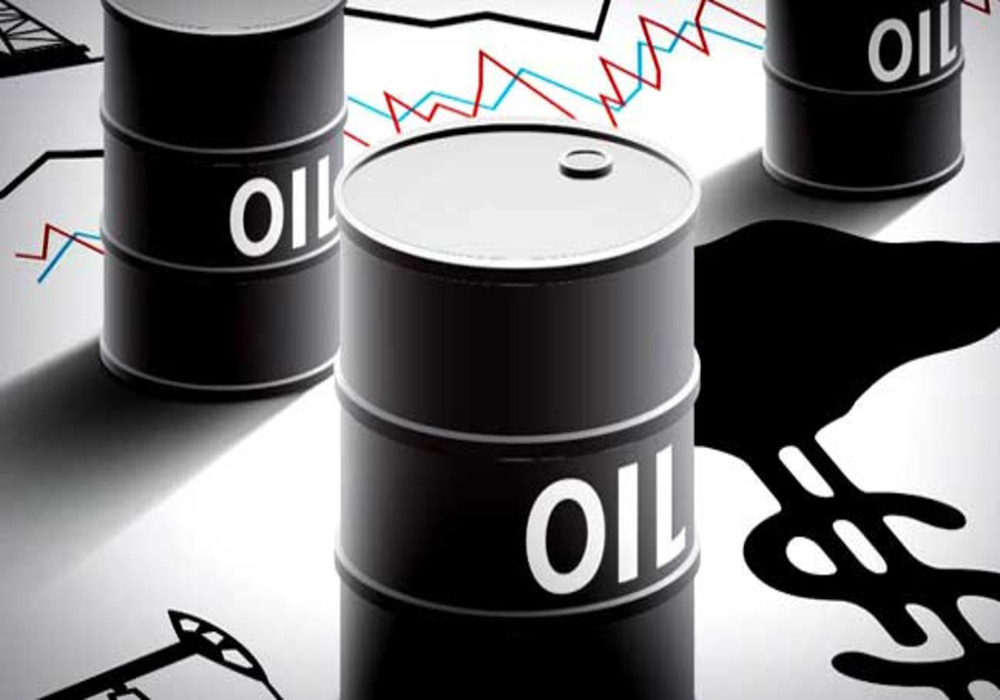On Monday, the crude oil market rose as optimism about China relaxing its COVID-19 restrictions outweighed concerns about a global recession weighing on energy demand.
Brent crude rose 76 cents to $79.80 per barrel, while US West Texas Intermediate (WTI) crude rose 90 cents to $75.19 per barrel.
China, the world’s largest crude oil importer, is experiencing the first of three expected waves of COVID-19 cases after relaxing mobility restrictions but has stated that it plans to increase economic support in 2023.
The country is experiencing the first of three waves of COVID cases this winter. More waves are expected as people follow the tradition of returning home in large numbers for the Lunar New Year holiday next month.
China had not reported any COVID deaths since December 7, when it abruptly lifted most restrictions essential to a zero-COVID tolerance policy in response to unprecedented public outrage.
As part of the relaxation of the zero-COVID restrictions, mass testing for the virus has ceased, casting doubt on whether official case numbers can accurately reflect the outbreak’s scope.
As COVID infections in the world’s second-largest economy surge following the abrupt relaxation of harsh restrictions, this will hit businesses and consumers. In contrast, a weakening global economy hurts Chinese exports.
The answer is yes.
The agreement comes after weeks of talks on the emergency measure, which has divided opinion across the EU as it seeks to tame the energy crisis.
The energy ministers agreed that the gas price cap would take effect when benchmark gas prices reached €180 per megawatt hour.
The Federal Reserve of the United States and the European Central Bank raised interest rates last week and promised more. Meanwhile, the Bank of Japan modified its yield curve control tolerance range while keeping its ultra-low benchmark interest rates steady.
The Bank of England and the European Central Bank raised interest rates last week to combat inflation.
The Bank of England raised its interest rate by half a point to 3.5 percent, while the European Central Bank raised its benchmark rate to 2.5 percent for the fourth time this year.
This came a day after the world’s largest oil producer and consumer, through its central bank, the US Federal Reserve, indicated it will raise interest rates further next year, even as the economy slips toward a possible recession.
The US Energy Department announced plans to begin repurchasing crude for the Strategic Petroleum Reserve (SPR), the first purchases since the reserve released a record 180 million barrels this year.











